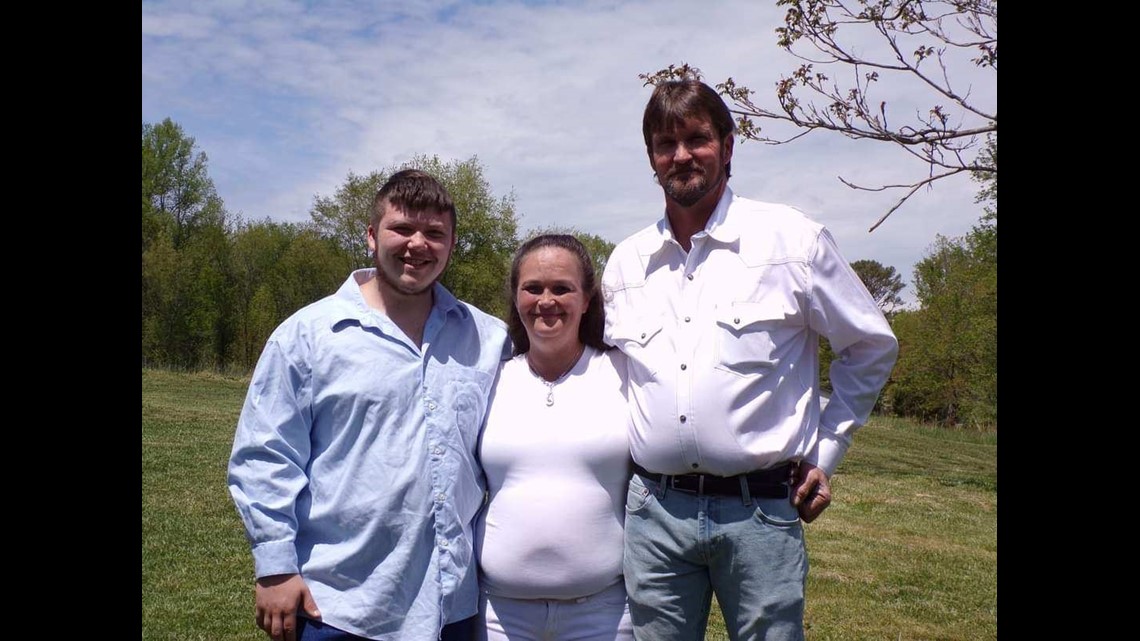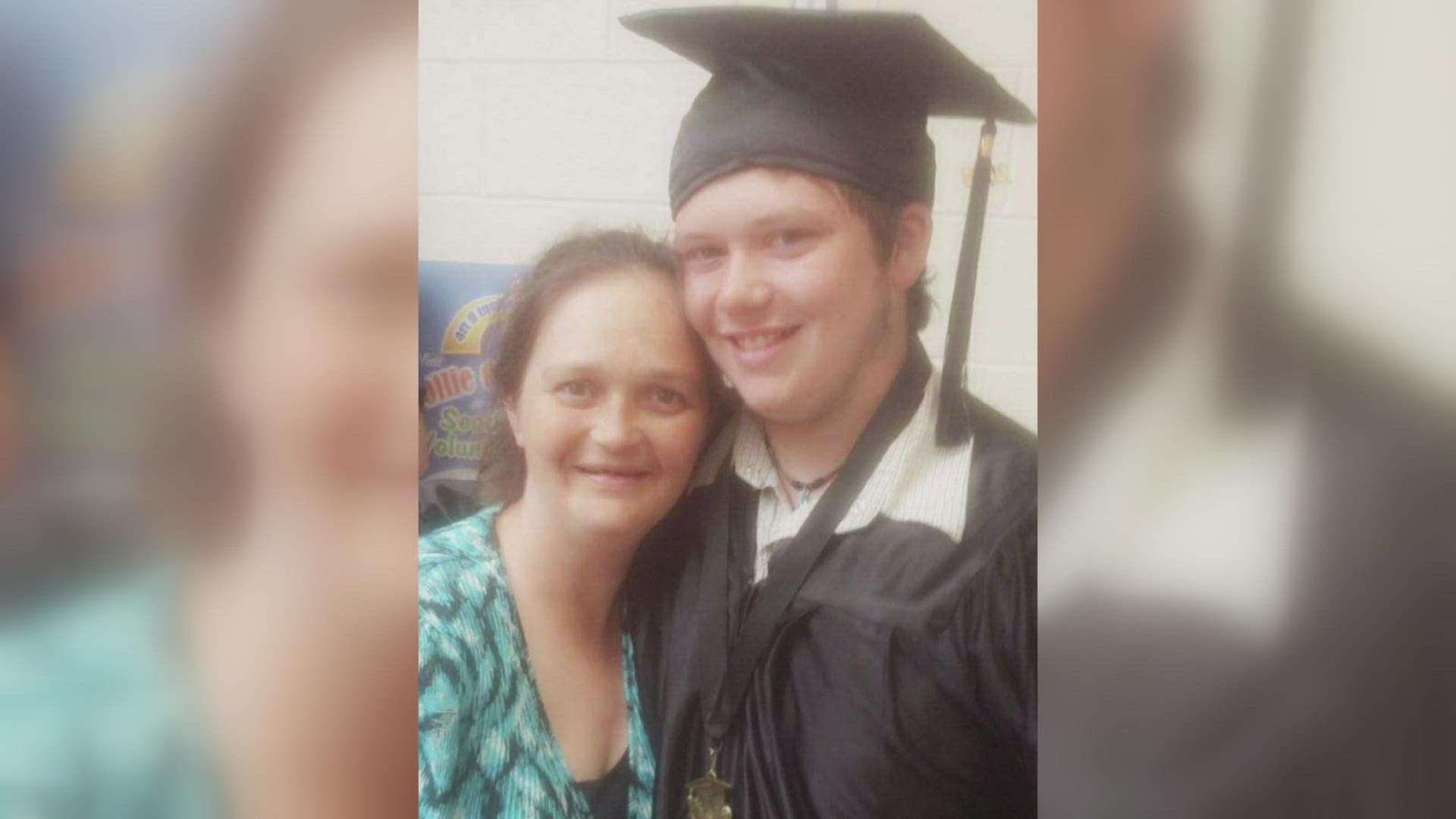SCOTT COUNTY, Tenn. — More people die by suicide in small towns than in major cities, according to the Centers for Disease Control and Prevention. Despite its prevalence, many people in rural communities may not speak about mental health and resources in rural areas may be few and far between.
In Scott County, one family is hoping to prevent further deaths by speaking about their own experiences. Zackary King never made it past 16 years old. He never played professional football, and never had the chance to start his own family.
His parents, Roger and Mary, said it's something they think about every day.
"Some days, I can sit and talk about it all day long. Other days, it gets to me," said Roger. "He touched your heart in ways that a lot of people couldn't."
To them, Zackary was a happy teenager with a bright future. It wasn't until December of 2018 that he was diagnosed with depression. That's when the family said his mental health started to go downhill.
"Very quick. I mean, it was like a slide. Once it started, it never stopped until it reached the bottom," said Mary. "The education is definitely not there. They have nowhere to turn because there is no resources."
Mary said in a span of nine months, Zackary started behaving differently. He stopped playing sports, seeing his friends and keeping up with his appearance. He no longer wanted to go to school or even leave the house. His parents said they did not know the warning signs of suicide at the time, and they weren't sure what more they could do. Mary said Zackary was already seeing a counselor and had a prescription for antidepressants.
The day before Zackary died, his dad remembers watching a Tennessee Titans game with his son. He seemed happy, Roger remembers.


"Just when you think it’s getting better, the world gets turned upside down and the rug is ripped from under you," Roger said.
The family said they have never been the same since that day.
Some efforts are underway to expand mental health resources in rural communities. The University of Tennessee College of Nursing recently received a grant so its mental health students could work more closely with rural communities. Project Rural Recovery also works to address behavioral health needs in rural areas.
But those resources won't bring Zackary back, and his parents said the pain lingers.
"It's like someone reached in and tore a part of your heart out that you can't get back," said Roger.
"What could I have done?" said Mary. "How could I have been a better mother?"
The family is now extremely active in the Tennessee Suicide Prevention Network. They advocate for suicide education resources in rural areas of Tennessee.
In addition, every August in Oneida, the family hosts a memorial walk in Zackary's name. The family will host a suicide survivor walk for other families who share their situation on Saturday, September 17.
Anyone thinking about suicide can now call 988 to be connected with the National Suicide Prevention Lifeline. Through the lifeline, people can be immediately connected with others who will listen to what they have to say, and work with them through a crisis situation. The lifeline also has resources for specific situations online.
"Talk about it," said Roger. "If something's bothering you, talk about it. Somebody will listen."

